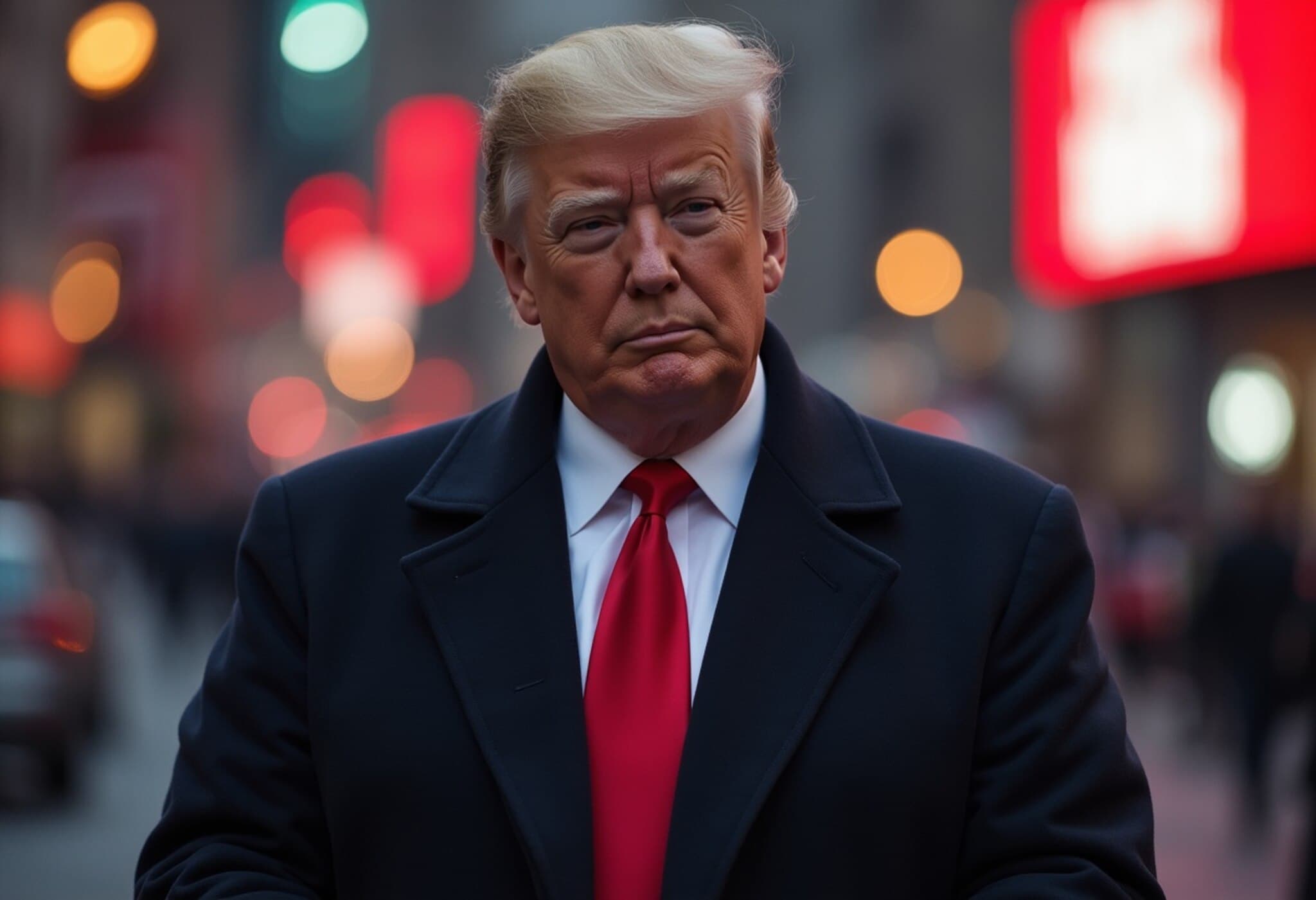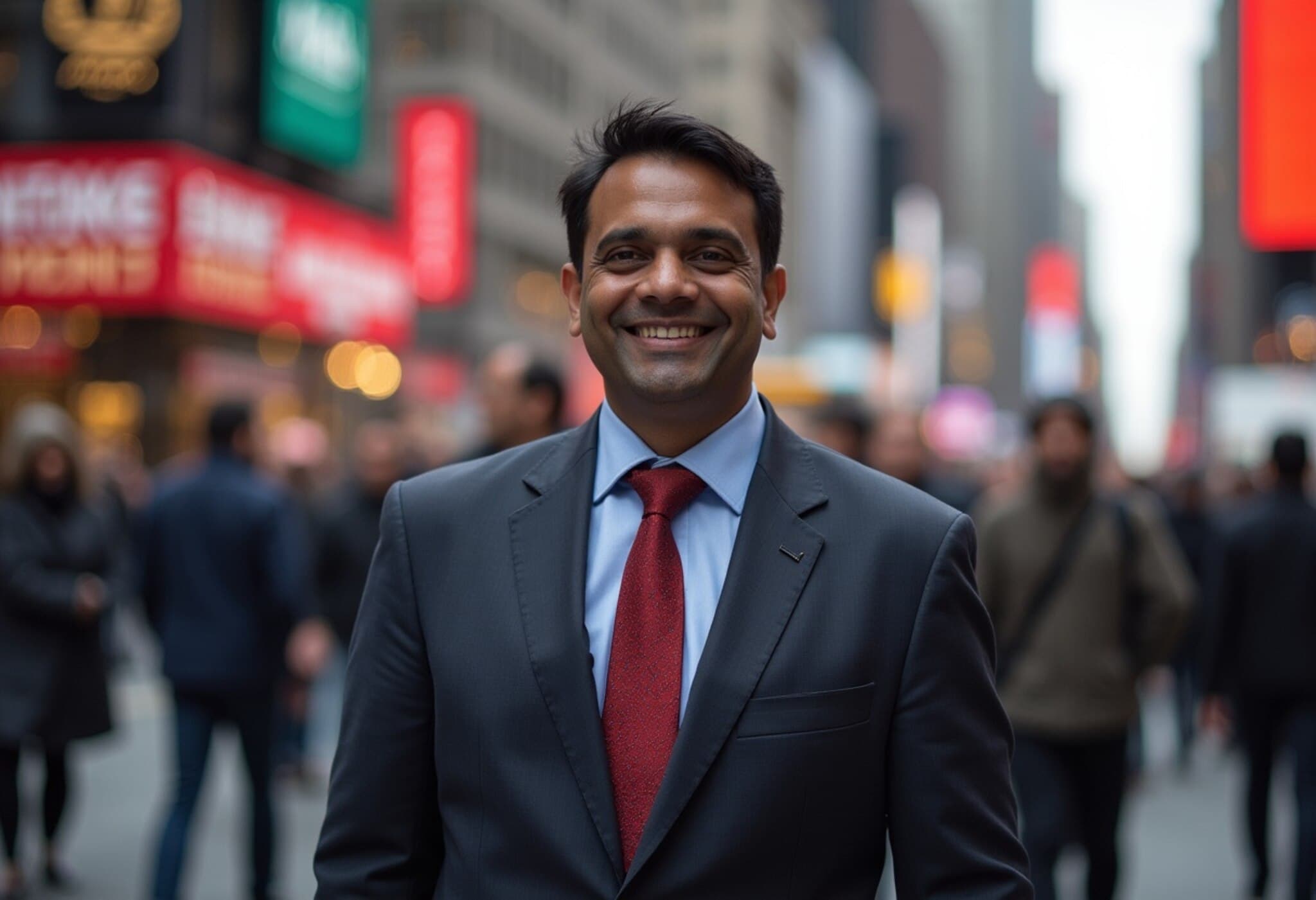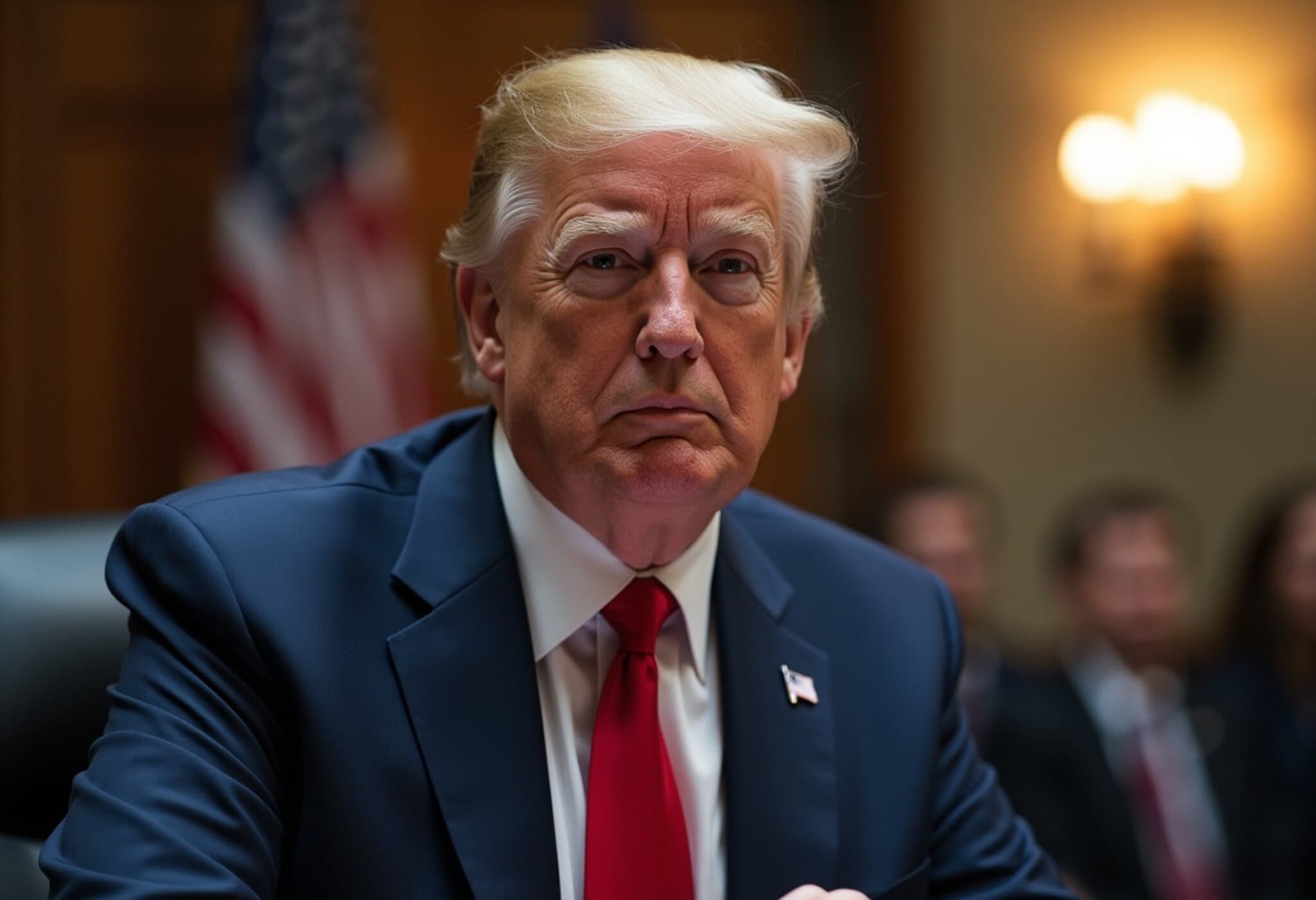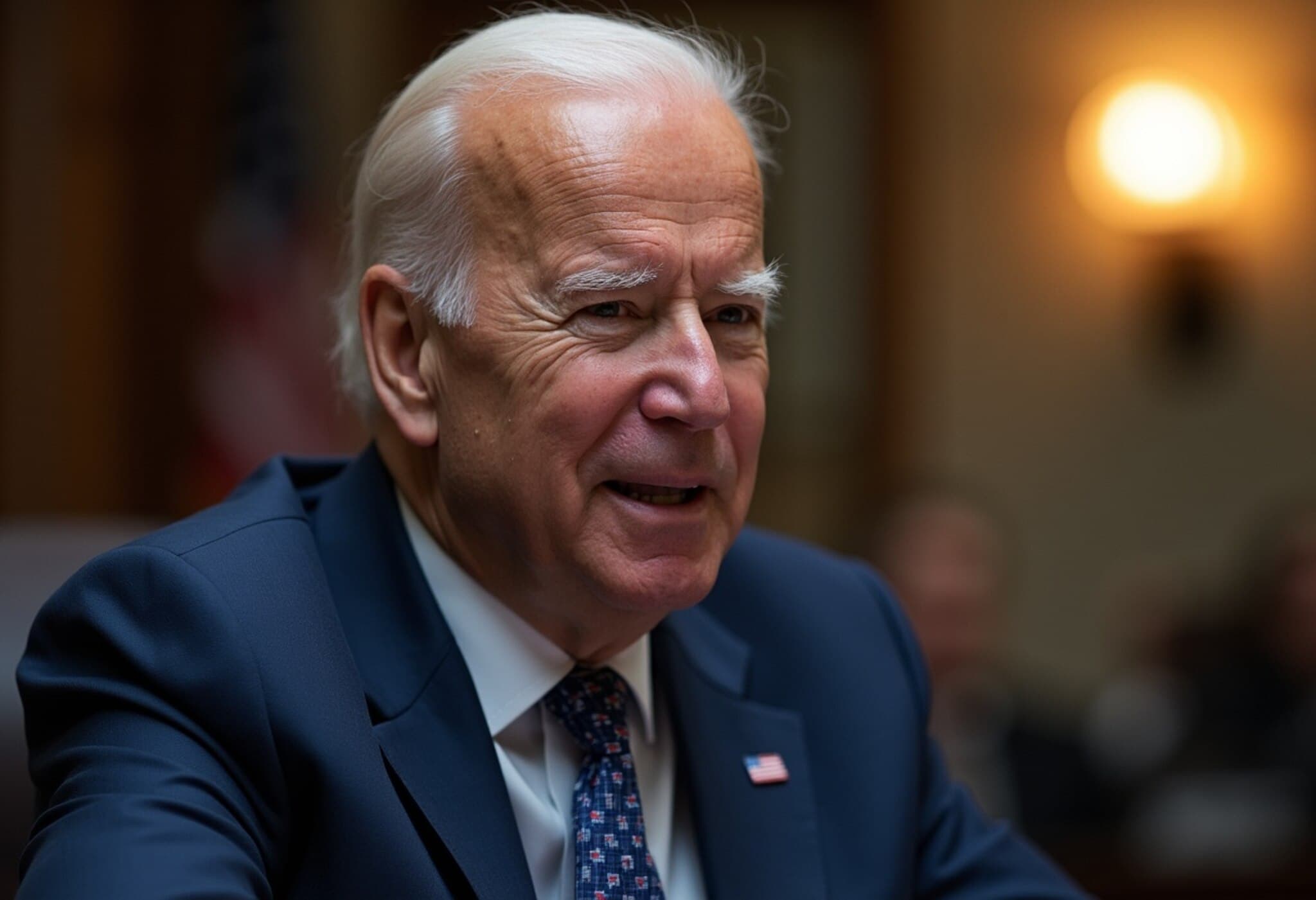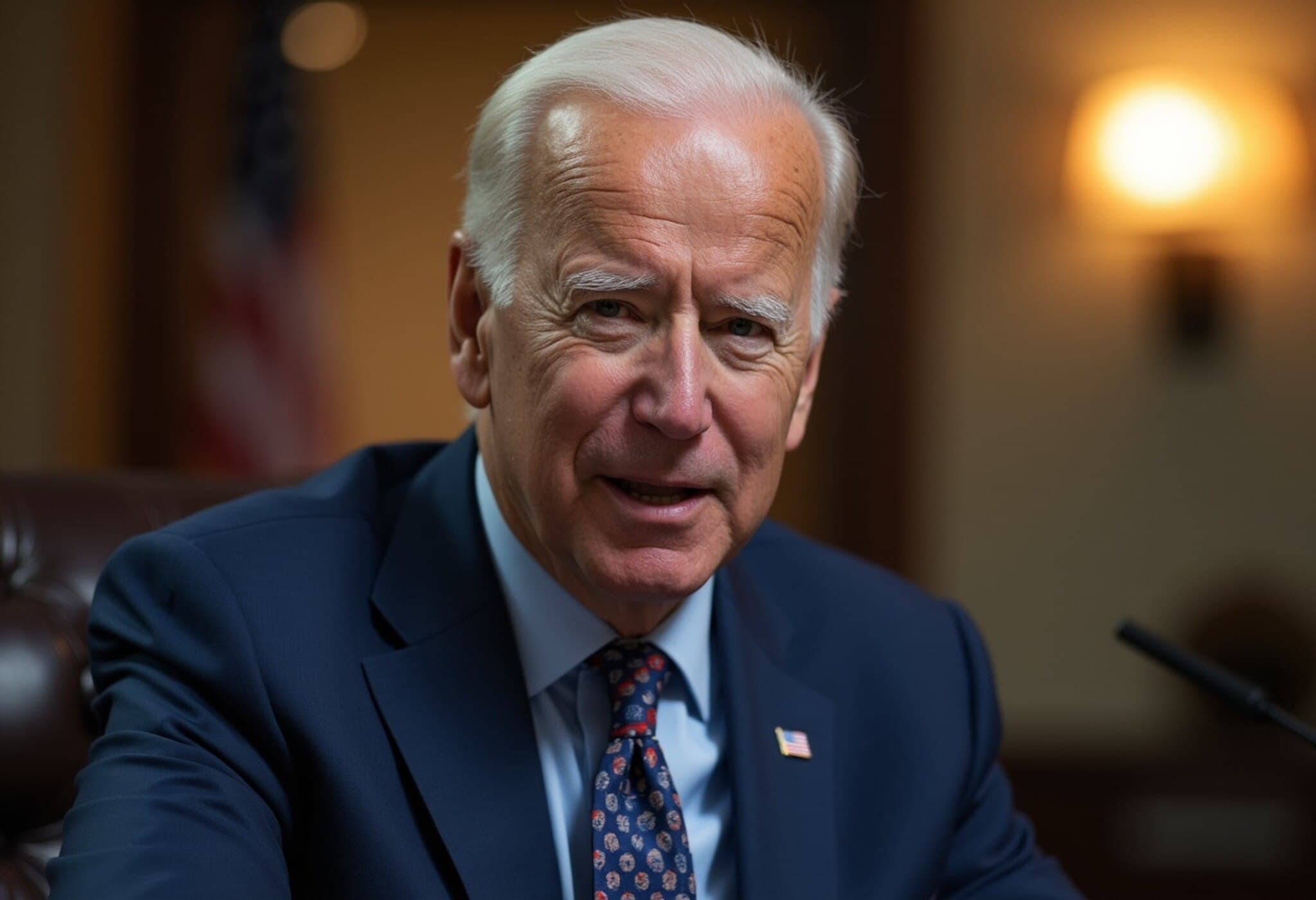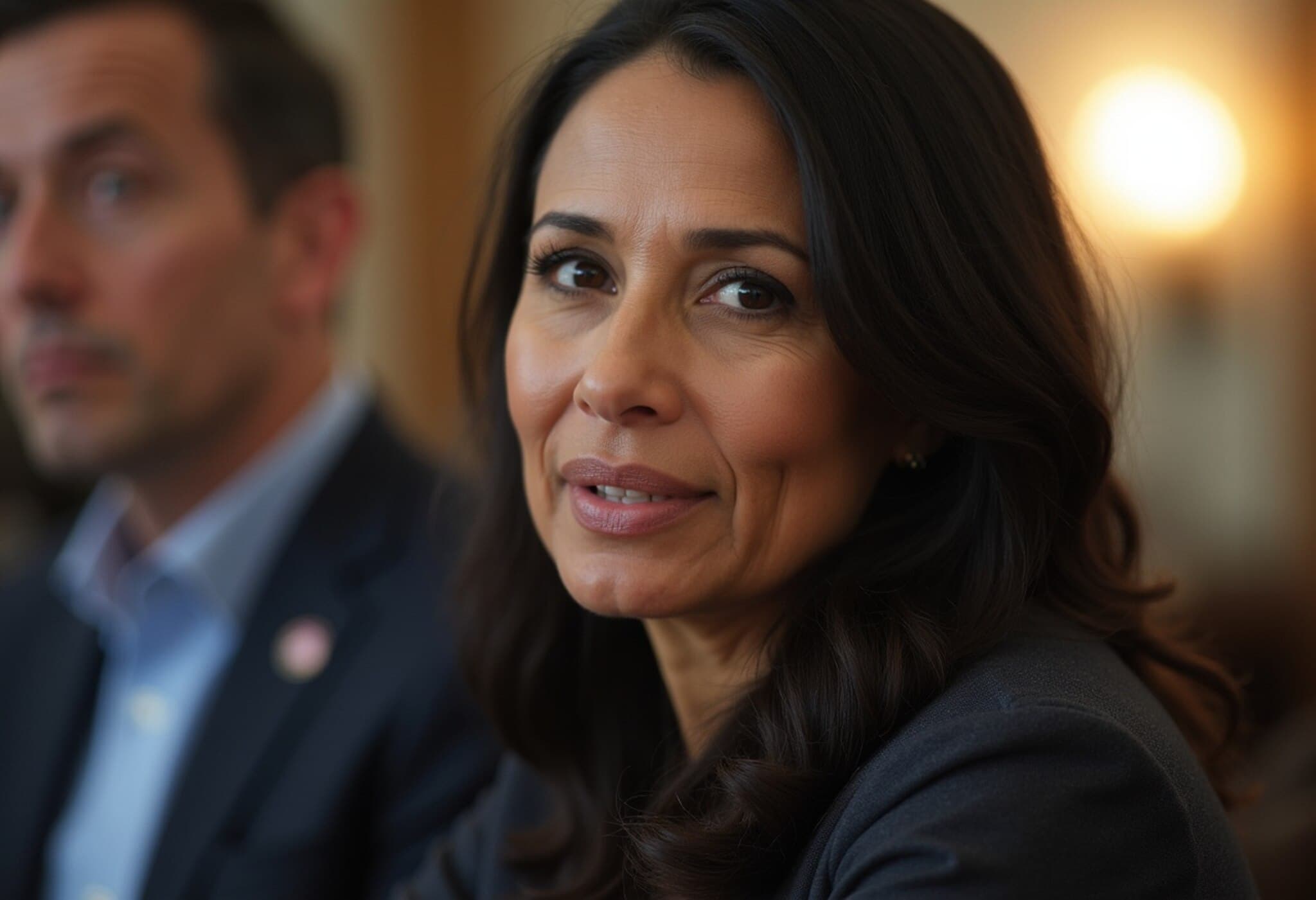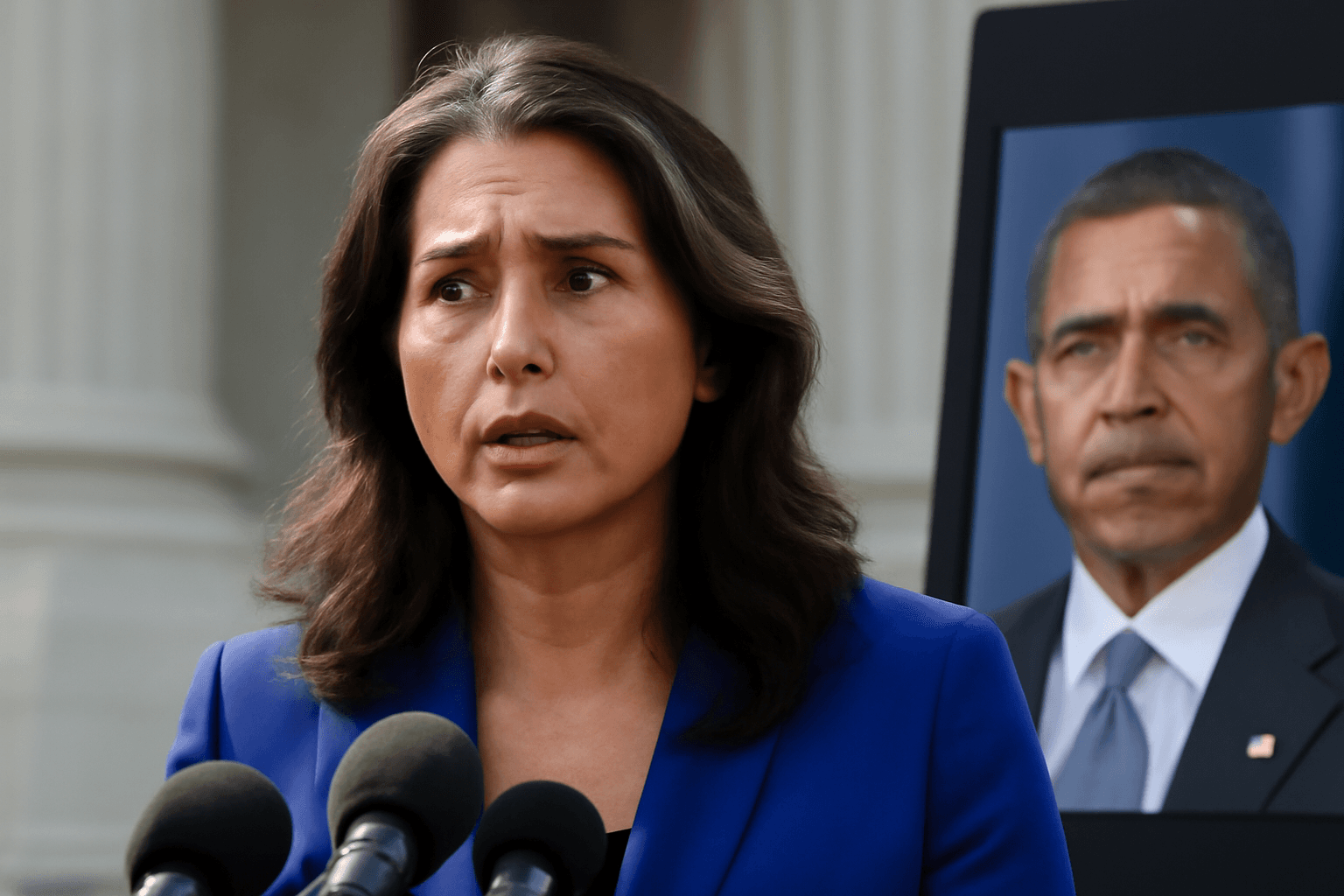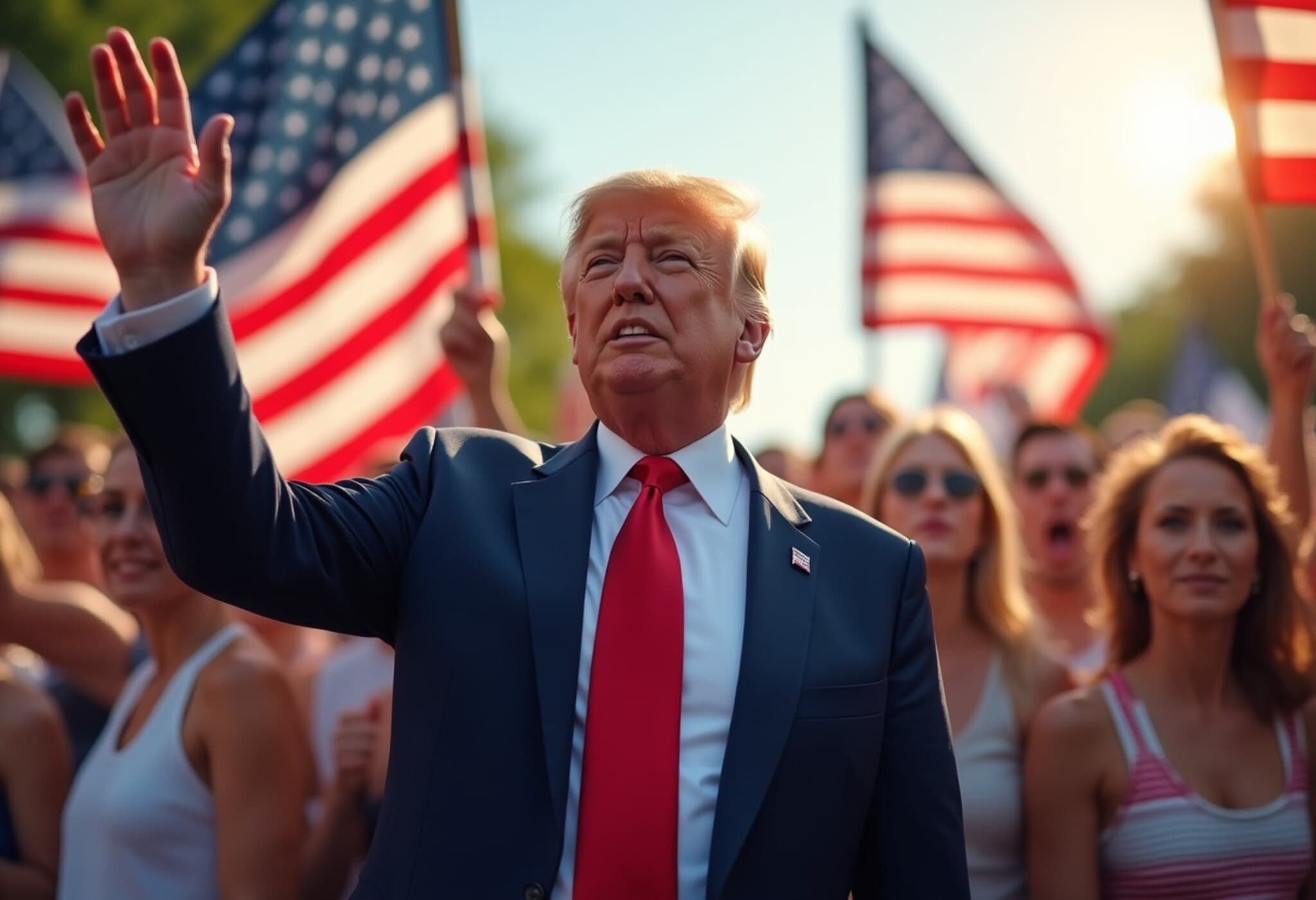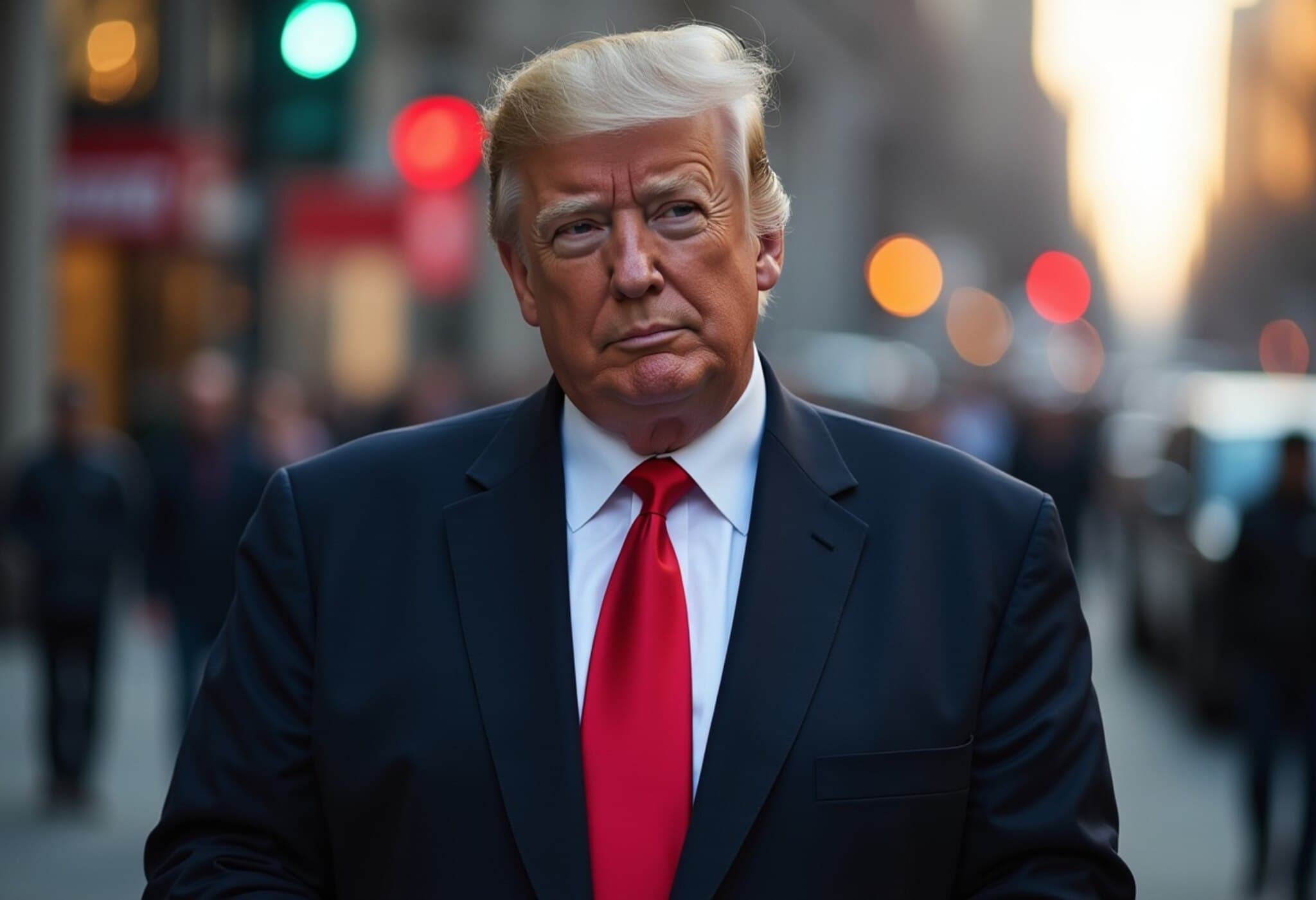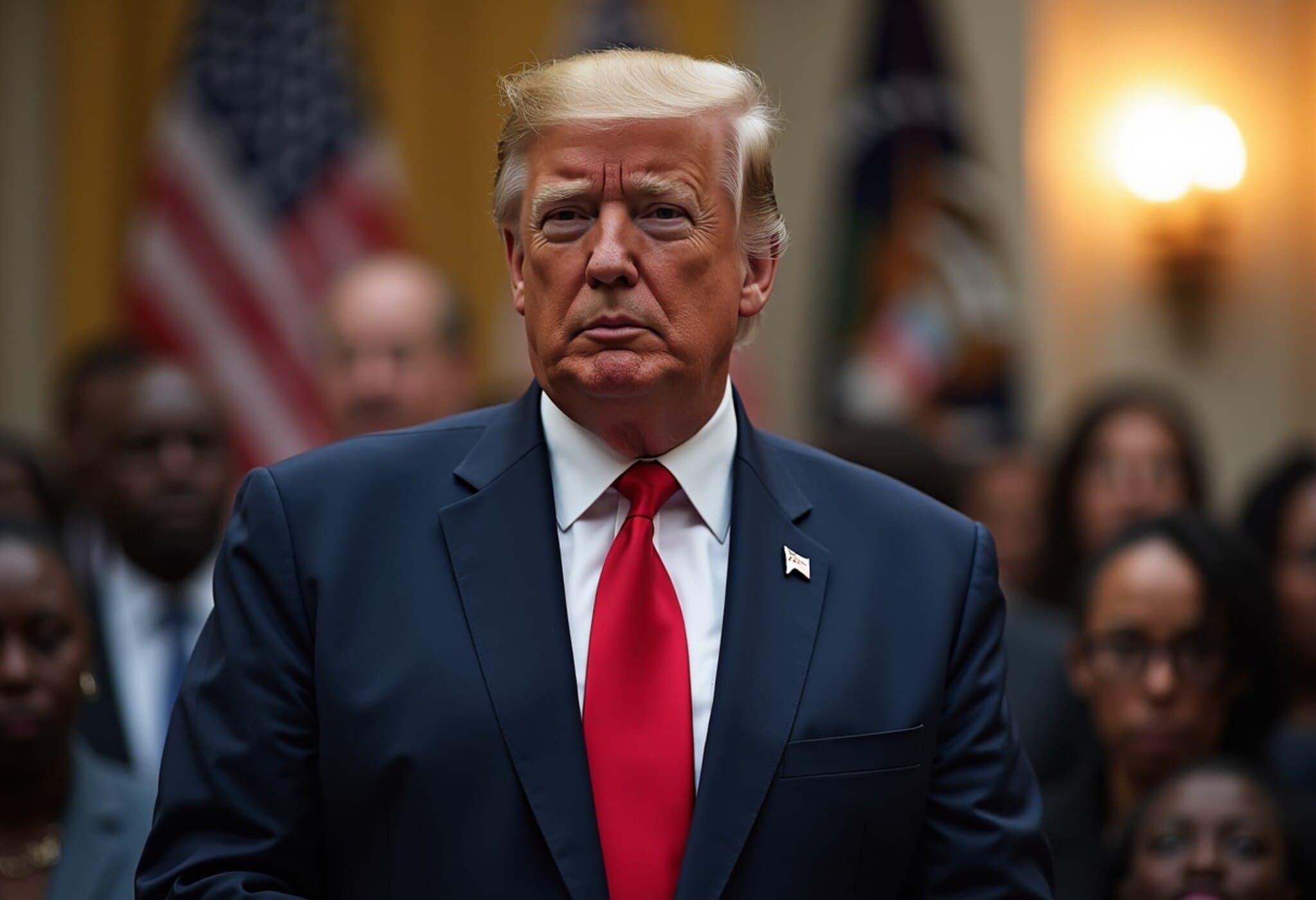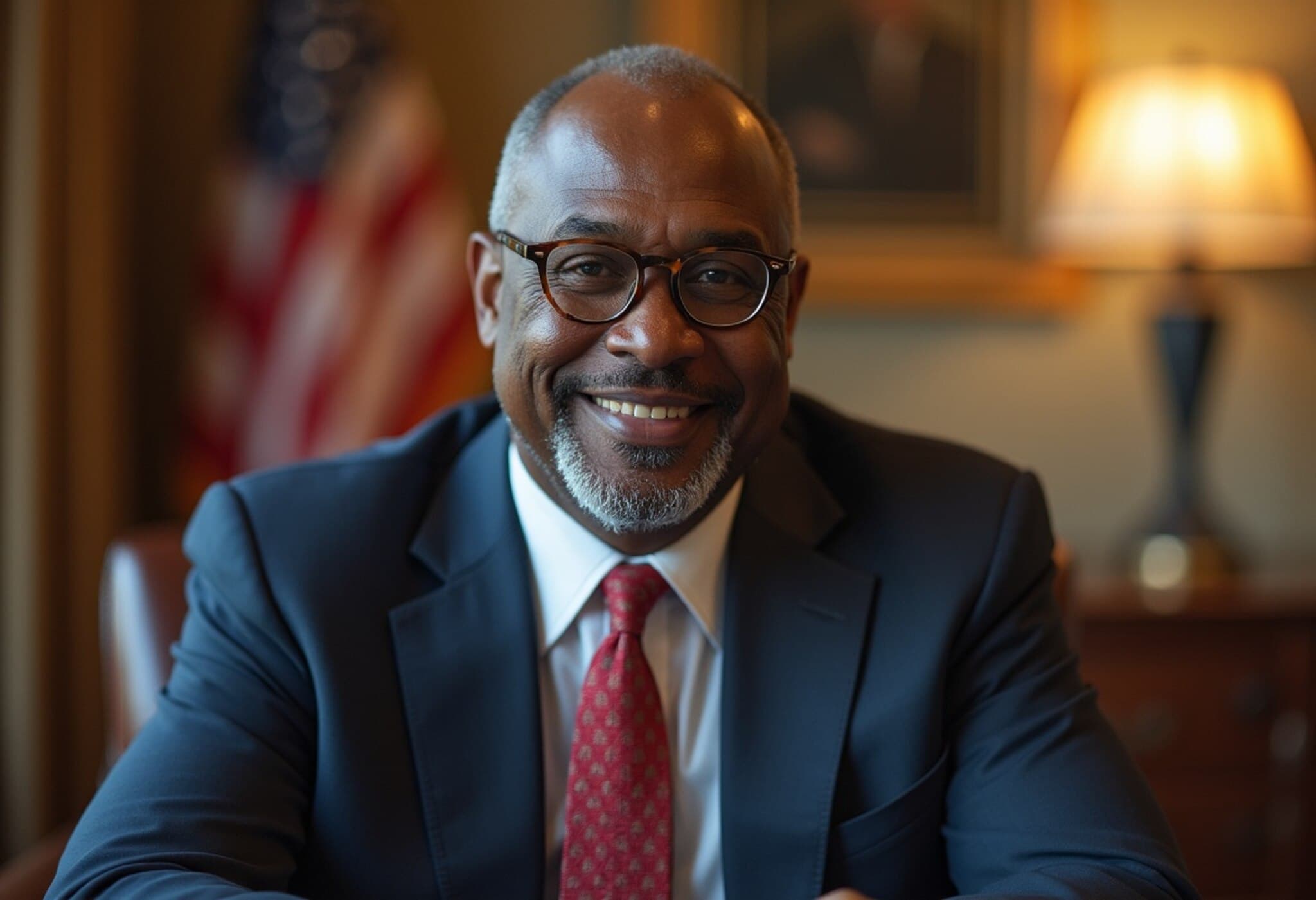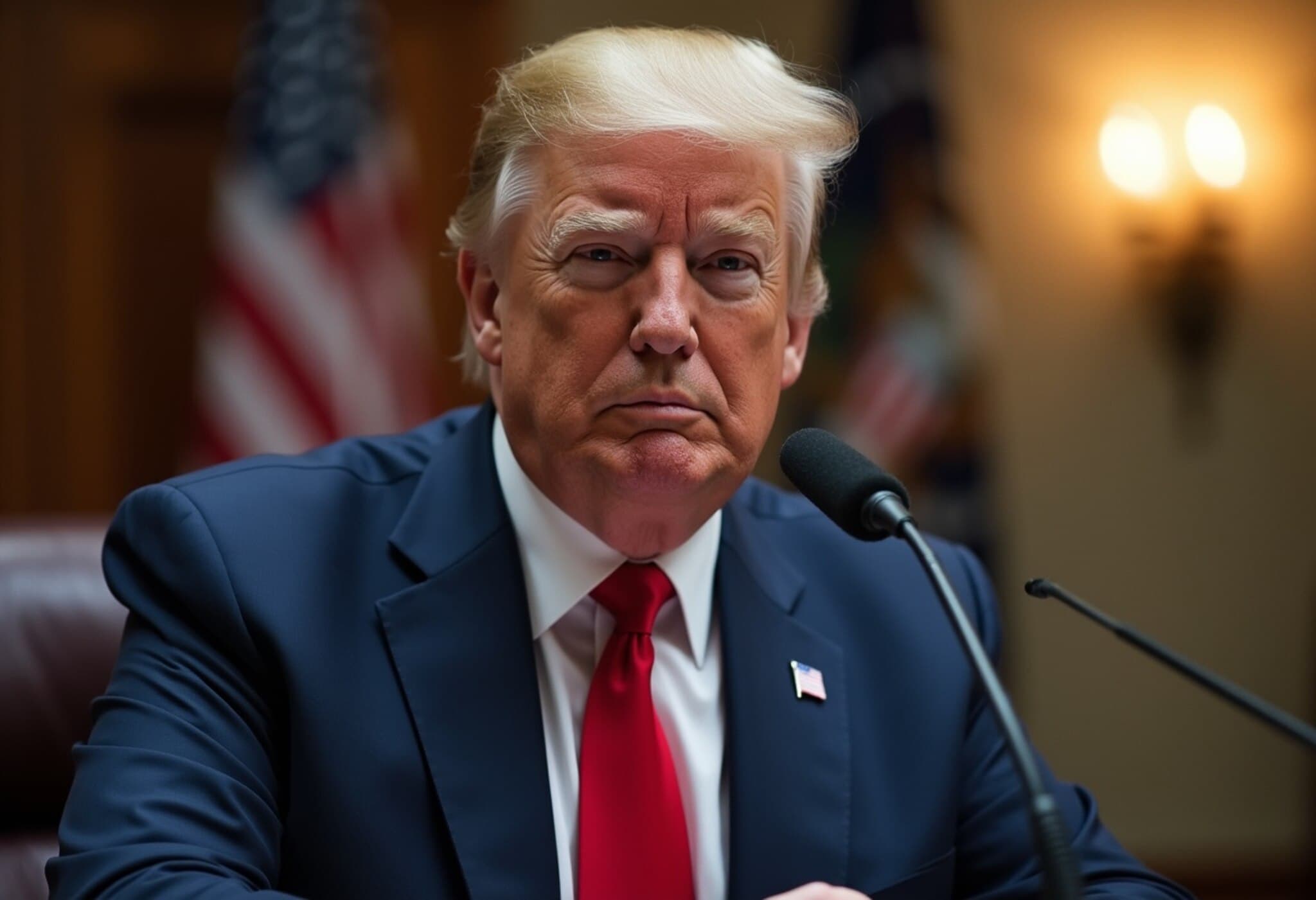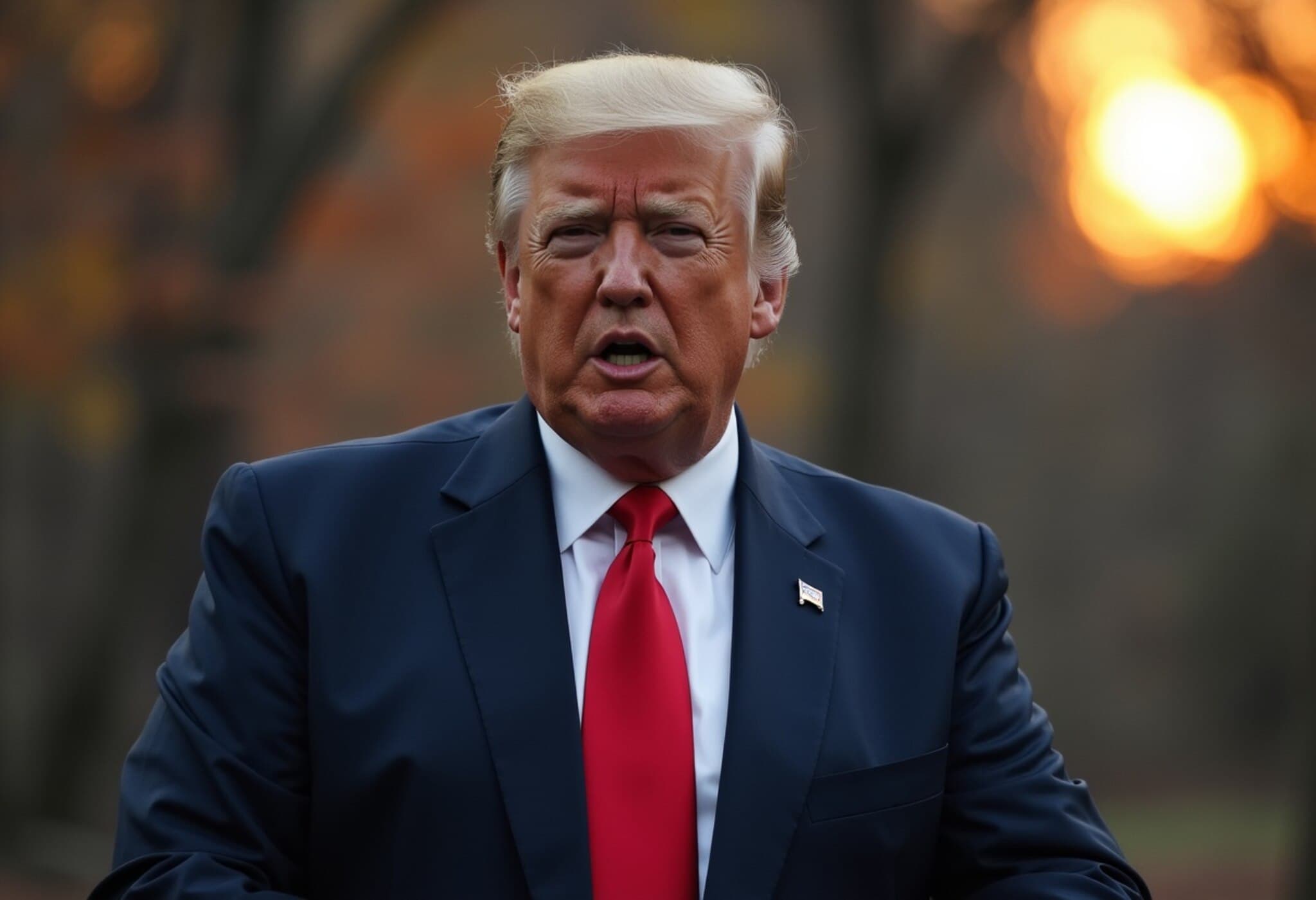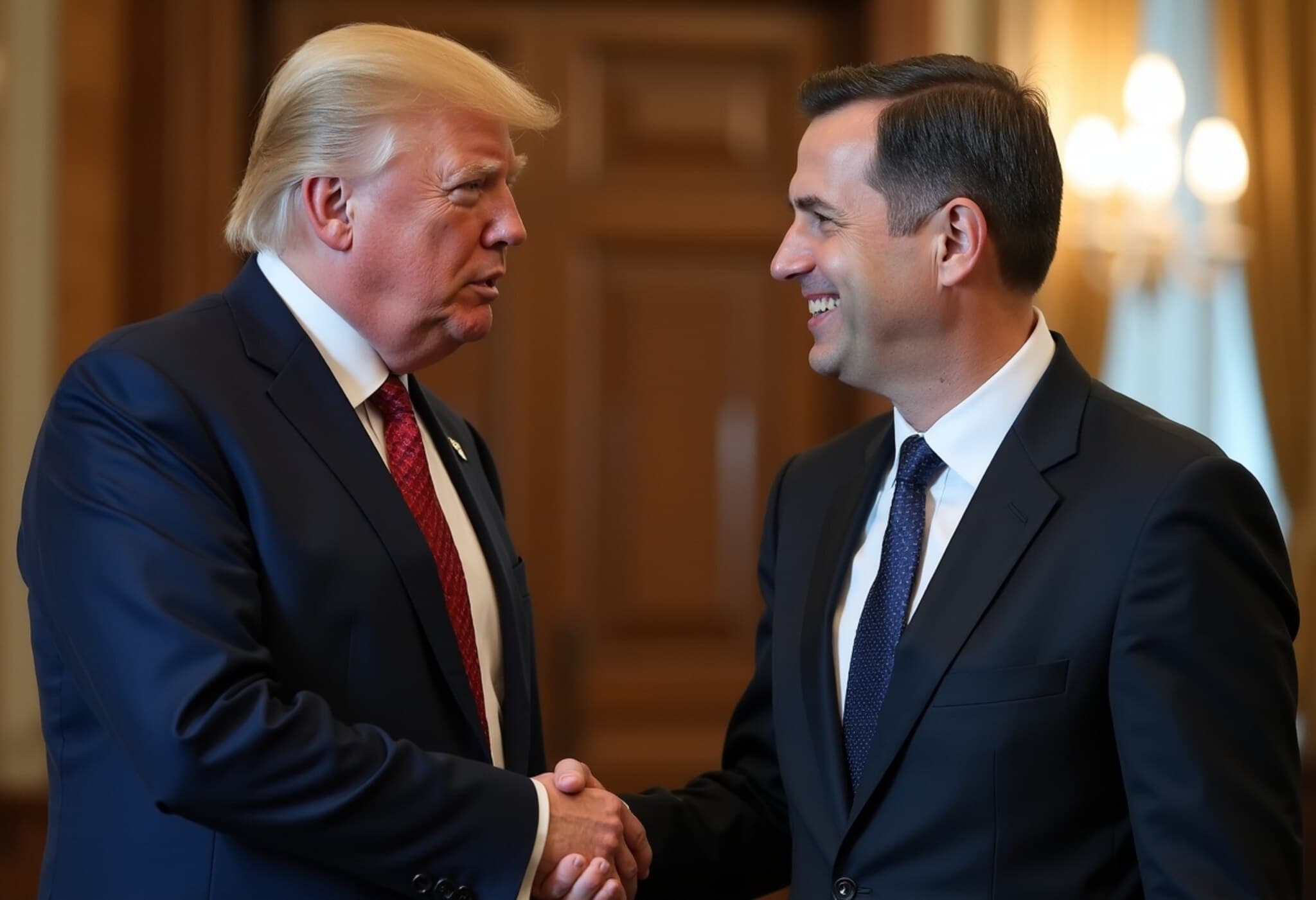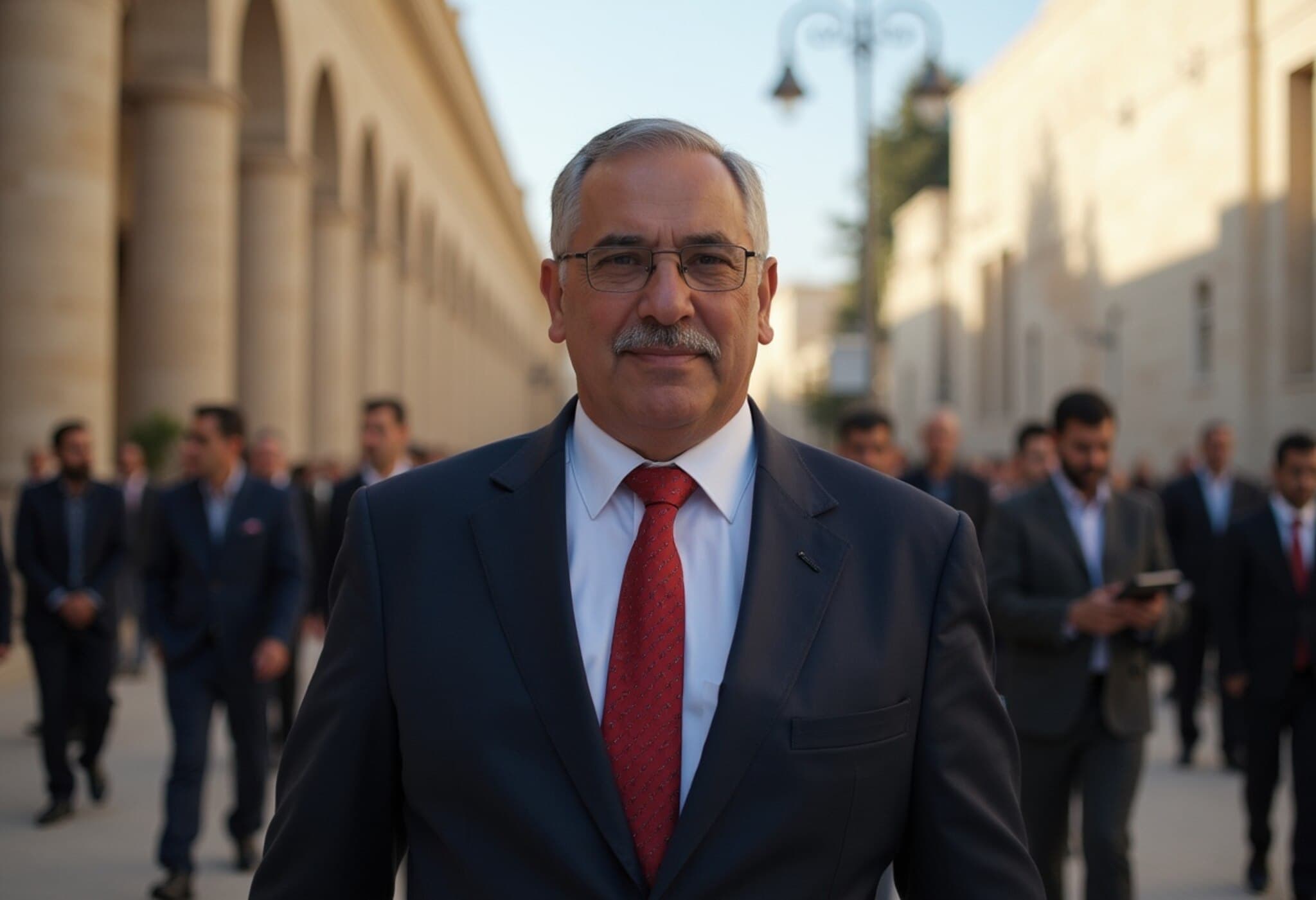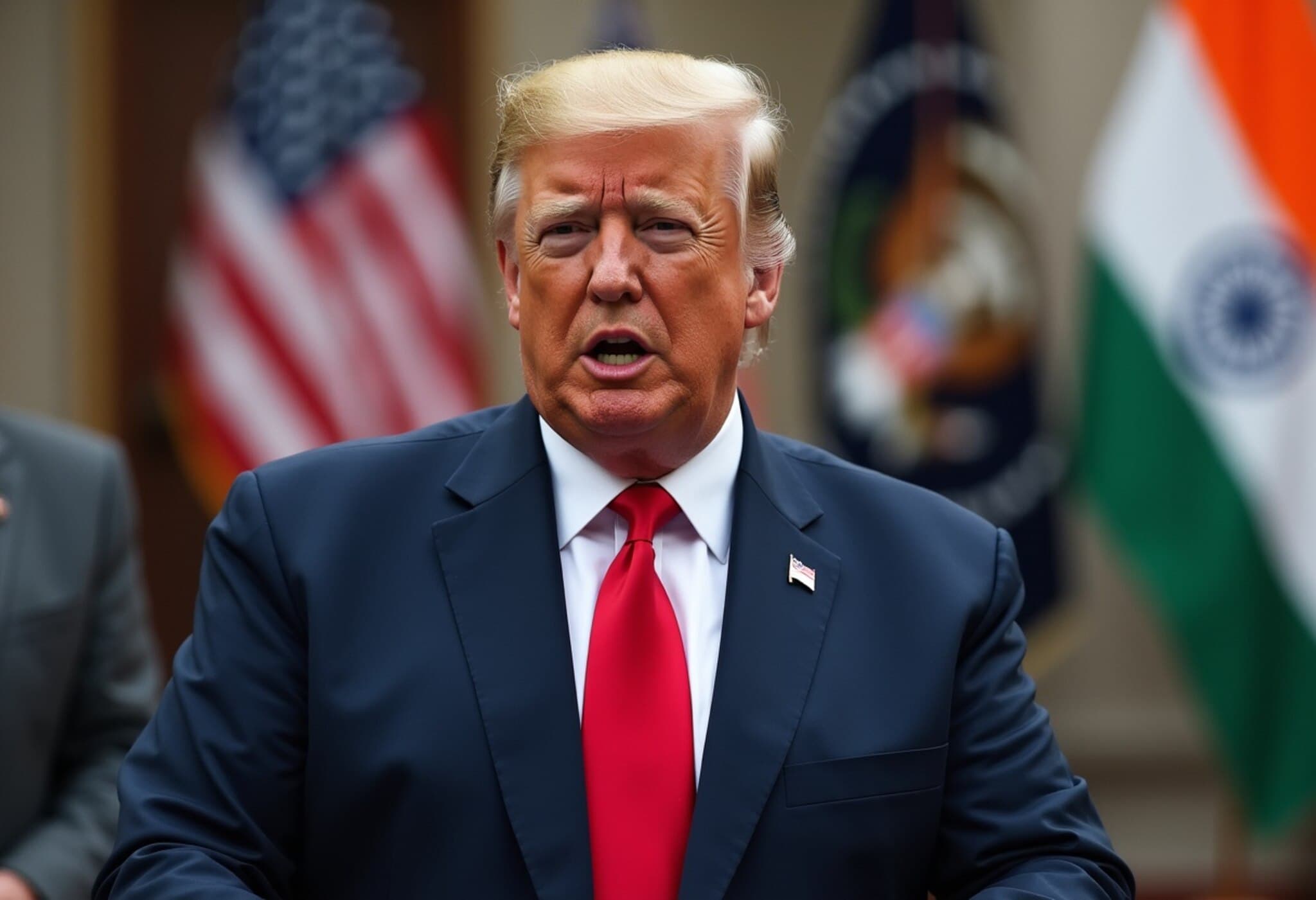Preparing for 2028: A Crossroads for Both Major US Parties
As the American political landscape begins to shift its gaze towards the 2028 presidential election, both the Democratic and Republican parties find themselves at critical junctures. With former Vice President Kamala Harris hinting at a potential presidential bid and Republican hopefuls navigating the complex legacy and influence of former President Donald Trump, the road ahead promises intense competition, ideological debates, and strategic repositioning.
Kamala Harris Signals Ambition Amid Democratic Soul-Searching
During an appearance on The Late Show with Stephen Colbert in late July 2025, Kamala Harris offered her clearest indication yet that she may seek higher office. Despite ruling out a 2026 gubernatorial run in California, Harris expressed a desire to “travel the country” and “listen to people” without immediately asking for votes. Such remarks have reignited speculation about a 2028 presidential run.
Harris’s stature as a well-known Democratic figure with a strong donor network positions her as a formidable contender. Nevertheless, Democratic strategists emphasize that the party’s nomination process will be anything but predictable. Experts anticipate a vibrant and contested primary race featuring a diverse array of candidates.
Early Movers Among Democrats: Building Momentum
- JB Pritzker (Illinois Governor): Delivered an influential speech in New Hampshire, an early-voting state pivotal to election outcomes.
- Ruben Gallego (Arizona Senator): Scheduled multiple events in early-voting states to cultivate grassroots support.
- Gavin Newsom, Andy Beshear, Ro Khanna: These figures have toured key early-voting states to raise their profiles and clarify policy platforms.
- Pete Buttigieg and Wes Moore: Engaging the Democratic base through podcasts and policy discussions, tapping into progressive dialogue.
Notably, representatives like Alexandria Ocasio-Cortez and Ro Khanna have accrued substantial campaign funds, potentially giving them a strong footing if they enter the primary. The ideological spectrum within the party is broadening—from centrists like former Chicago Mayor Rahm Emanuel to left-wing progressives, for whom debates on foreign policy, the economy, and social justice remain paramount.
Political analyst Amanda Litman observes, “It’s gonna be messy and personal … but I think it’s going to help us shape as a party, what we believe.” This introspective dynamic suggests the Democratic Party is in the process of redefining itself amid evolving national challenges.
Republican Candidates Juggle Trump’s Enduring Shadow
Meanwhile, the Republican camp is wrestling with the complex legacy of Donald Trump, whose influence over the party base remains profound. Despite constitutional restrictions on serving more than two terms, Trump’s intermittent jokes about a third run amplify the challenge for rivals trying to carve independent identities without alienating his loyal supporters.
Vice President JD Vance is often seen as Trump’s political heir apparent, yet other heavyweights are maneuvering for prominence:
- Marco Rubio (Secretary of State): Brings name recognition from a 2016 presidential bid.
- Ron DeSantis (Florida Governor): Has mended fences with Trump following a contentious 2024 campaign.
- Greg Abbott (Texas Governor) & Glenn Youngkin (Virginia Governor): Viewed as strong state-level leaders with independent appeal.
- Sarah Huckabee Sanders and Brian Kemp (Governors): Positioning as pragmatic governors with credible executive experience.
The Republican primary calendar is expected to follow tradition, beginning with Iowa, New Hampshire, South Carolina, and Nevada. Notably, candidates such as Youngkin, Sanders, Paul, and Rick Scott have already visited these early states, signaling early campaign efforts.
Analysts point out that while JD Vance currently holds a solid lead, voters in early primary states remain open to candidates like Rubio, who maintain a nuanced relationship with Trump—balancing loyalty without being overshadowed by the former president’s controversies.
The viability of figures opposing Trump, for example Nikki Haley, might depend heavily on how the Republican Party fares in forthcoming midterm elections and the overall public perception of Trump’s tenure amid various political challenges.
Expert Insight: The 2028 Contest as a Reflection of American Political Evolution
This preliminary wrangling within both parties underscores broader shifts in American politics. For Democrats, the challenge lies in unifying a party oscillating between progressive energy and pragmatic centrism, while Republicans confront the enduring question: Can the GOP evolve beyond Trump’s dominance?
Political scientist Dr. Laura Mitchell suggests, “The 2028 election will not just decide a leader. It will be a referendum on the direction of America’s political identity—testing resilience, adaptability, and ideological coherence on both sides.”
Looking Ahead
As campaigns ramp up, the American electorate is likely to witness a dynamic and often contentious primary season. Issues of economic recovery, foreign policy, social equity, and electoral reform are expected to take center stage, shaping not only who runs but also the broader vision they offer to voters nationwide.
Editor’s Note
Key Takeaways:
- The Democratic Party is undergoing a period of introspection and ideological sorting ahead of a crowded 2028 primary.
- Republicans face a strategic balancing act between leveraging Trump’s base and presenting independent leadership.
- The early primary states will be crucial in testing the strength and appeal of emerging candidates from both parties.
Ultimately, the 2028 race offers a window into how America’s two-party system is evolving amid shifting political, social, and economic landscapes. As voters prepare to weigh their options, questions about leadership, party identity, and policy priorities will increasingly take center stage.

